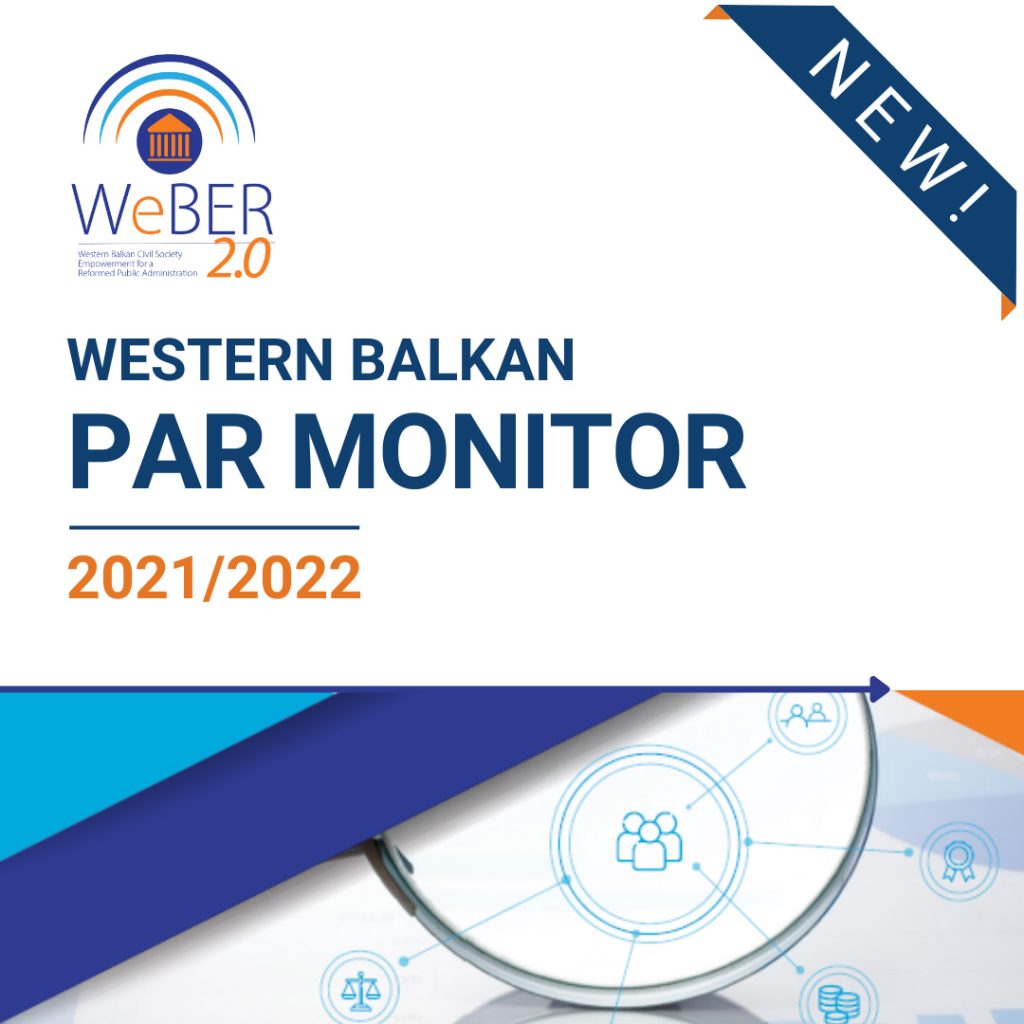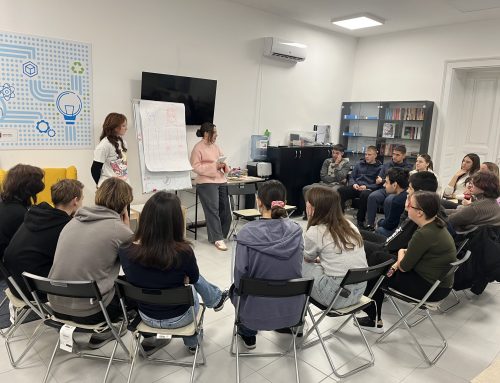Public administration reform is a prerequisite for transparent and effective democratic governance. It determines the government’s ability to provide quality services and promote growth in the country.
“Public administration is the face of the state. Citizens most often communicate with state administration bodies when they need a certain service, document, help in the form of information or protection of rights, whether at the state or local level. Experience from such interaction with public administration bodies can leave a lasting impression on how the state treats its citizens”, said the Head of the EU Delegation to Serbia, Emanuele Giaufret, recently.
Public administration reform (PAR), as an integral part of the first cluster, is one of the fundamental conditions on the path towards the EU membership. In the Western Balkans region, this reform has been viewed for years through the SIGMA Principles of Public Administration, developed by the OECD/SIGMA and approved by the EU.
These principles define what constitutes a well-functioning administration in terms of its ability to provide transparent, efficient and effective services to citizens and to support socio-economic development. In addition to the external pressure to achieve tangible results in the field of PAR, the domestic need for improvements strengthens the pressure on the Government to continue with reforms even when the external pressure weakens due to the end of the accession process. Civil sector stakeholders, who have knowledge about the functioning of local governments, can take on such domestic advocacy initiatives for improved governance. Independent PAR monitoring and fact-based dialogue with the government is a good approach in achieving this goal.
The WeBER project has completed the third cycle of PAR monitoring for the period 2021/2022. The structured, evidence- based approach, as in the previous two monitoring cycles, specifically focuses on aspects of the PAR that are of greatest importance to civil society and the public. WeBER’s PAR monitoring relies heavily on the capacities, skills and local knowledge of civil society in the Western Balkans. It builds on the SIGMA Principles of Public Administration as the cornerstone of PAR, and evaluates them from an independent point of view. Overall, the PAR Monitor methodology is based on the selection of 22 SIGMA principles in six key areas of PAR, monitored and reported through 23 complex indicators.
The third monitoring cycle also represents the last edition of the PAR Monitor in accordance with the existing framework of the SIGMA Principles from 2014, modified in 2017, since the process of revision of the Principles is ongoing. The next, fourth monitoring cycle, therefore, will be based on the modified PAR Monitor methodology, harmonized with the new SIGMA framework, given that it represents the mainstay of the WeBER approach to the PAR monitoring in the Western Balkans. The concept of all WeBER indicators enables comparison of administrations in the Western Balkans and gives an opportunity for regional benchmarking of results.
In addition to the methodology, the PAR Monitor package also includes a comparative report on the monitoring of PAR in the entire Western Balkans region, as well as six reports that provide detailed findings for each administration individually. This report provides the results of the third monitoring cycle for Serbia, including a series of actionable recommendations.
One of the recommendations within the strategic framework of the PAR is that the responsible institutions should publish invitations for consultations to the general public at least on their own websites, eGovernment portal, the website of the institution responsible for cooperation with civil society and through available social network channels.
All recommendations and analyses are contained in the new National PAR Monitor, that you can download here.
SIGMA is a joint initiative of the OECD and the EU, which is largely financed by the European Union. The project “Western Balkan Civil Society Empowerment for a Reformed Public Administration” (WeBER2.0) is implemented by the European Policy Centre (CEP), in cooperation with partners from the Think for Europe (TEN) network and with the support of the Brussels European Policy Centre (EPC) .
So far, Serbia has received almost four billion euros in grants from the European funds, of which EUR 215 million were spent solely on public administration reform. Annually, around EUR 200 million are allocated from the pre-accession IPA funds for public finance management and improving the work of local self-governments and independent institutions. Public administration reform is one of the most important elements of Serbia’s EU accession process, and in 2014 it was also put on the forefront of the negotiations. A modern and professional public administration is a key element for every EU member state in order to effectively implement laws and transparently manage funds from the EU funds.






